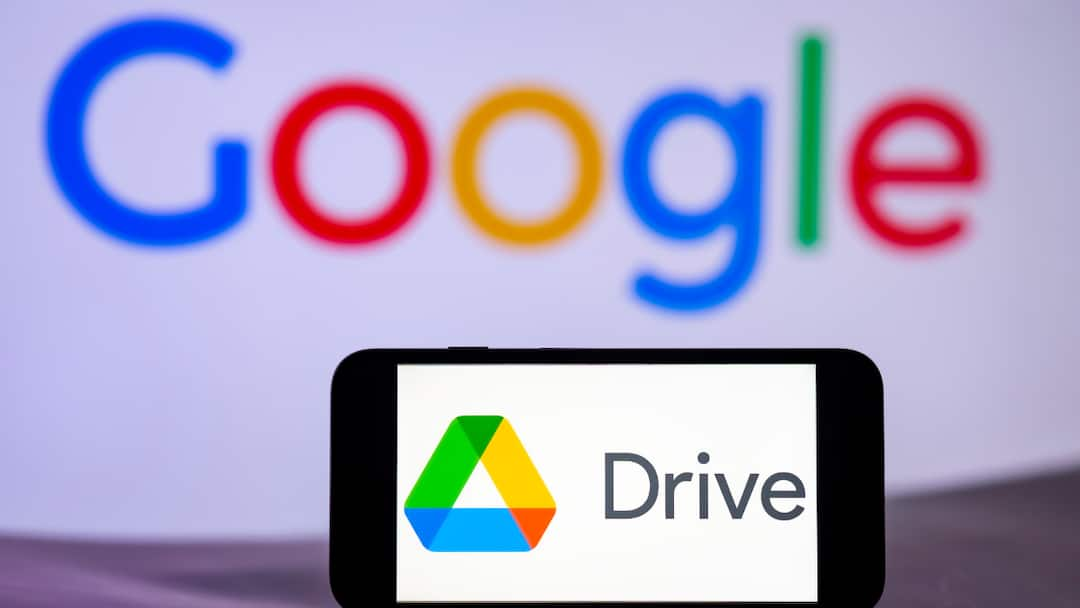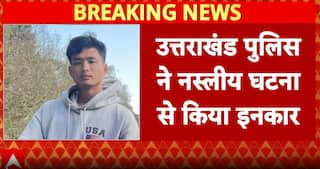Google Drive Locks Author Out For Writing 'Inappropriate' Content, Loses Access To Work Of Over 2,22,000 Words
As Renee continues her efforts to resolve the situation, her experience highlights the need to advocate for creators' rights in discussions surrounding digital rights and online censorship.

A female author, K Renee, known for her steamy romance novels, encountered an unexpected obstacle when she was locked out of her Google Drive account on March 24, 2024. This sudden denial of access deprived her of over 222,000 words of her ongoing works. Renee primarily uses Google Docs for her writing endeavours, making this incident particularly disruptive to her creative process. Surprisingly, the lockout was not due to technical issues but rather stemmed from Google deeming her content inappropriate.
Despite her efforts to regain access and share her work, Google's decision to label her content as "inappropriate" halted any further sharing attempts. This turn of events left Renee and fellow writers bewildered and raised questions about the fairness of Google's content moderation practices.
The incident sparked broader discussions about the challenges faced by creators in the online realm and the potential impacts of automated content moderation on artistic expression. Renee's plight underscores the vulnerability of writers in the digital era and underscores the importance of clear guidelines and improved communication from technology companies.
Need For Clearer Guidelines On Censorship
As Renee continues her efforts to resolve the situation with Google, her experience highlights the significance of advocating for creators' rights and ensuring their voices are considered in discussions surrounding digital rights and online censorship. While Google has established policies concerning content violations, including provisions for educational, artistic, and journalistic content, the arbitrary classification of Renee's work underscores the necessity for clearer guidelines and improved communication from technology companies.
Renee's ongoing challenges with Google reflect the broader obstacles encountered by creators navigating the dynamic landscape of online platforms and digital content moderation. Her story illuminates the complexities associated with regulating digital content and the potential impact on individuals' creative expression. As Renee awaits a resolution, her experience emphasises the importance of addressing these issues to cultivate a more fair and equitable online environment for creators.
Related Video
Apple creates a new record in iPhone sales after launch of iPhone 16 | ABP Paisa Live





































